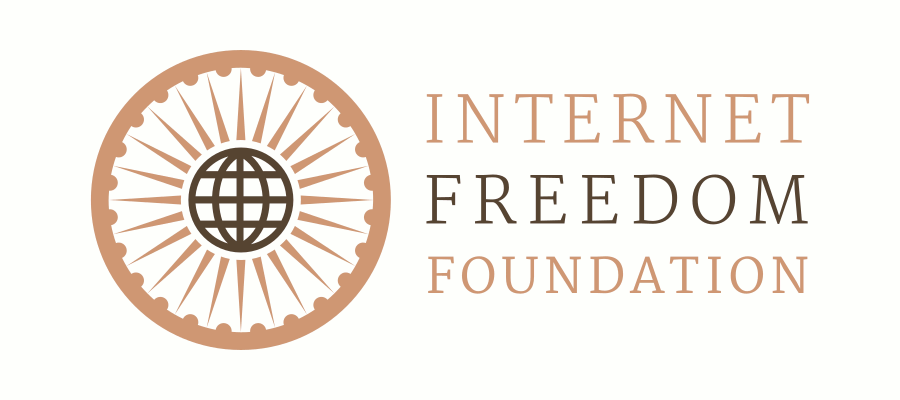Today (September 23, 2016) the Hon’ble High Court of Delhi passed orders in the case of Karmanya Singh Sareen and Anr. v. Union of India [W.P. (C) 7663/2016]. The case related to a prayer by the petitioners regarding a threat to their privacy due to product changes in the popular messaging application WhatsApp. These changes related to its integration with the social media platform Facebook and the protections under the privacy policy of WhatsApp. We await the order of the court at this time.
Karmanya's case is not in isolation as, earlier this year RTI Activist Sudhir Yadav had approached the Supreme Court asking for a ban on WhatsApp. His petition urged that the deployment of encryption technologies would negatively impact national security was dismissed on June 29, 2016.
Both these cases demonstrate the lack of an institutional mechanism to protect user privacy and provide a remedy to citizens. In the absence of substantive clarity and an process to enforce it, people are constrained to file public interest petitions which remain ad-hoc remedies.
IFF is concerned as to the lack of a referee in the form of a Privacy Commissioner or Data Protection Authority (DPA) in India. We express specific concern on the substantive movement on encryption regulations given the last version of the Draft Encryption Policy that was withdrawn after massive public outcry contained provisions that would have severely undermined user privacy.
India today is one of the few major democracies with no government authority or institutional recourse to safeguard user privacy. There has been a complete lack of movement on the Privacy Bill since 2011 and the recommendations of the Justice Shah Commission on Privacy made in August, 2012. On the contrary the Union Government has made submissions casting doubt as to the origin of the constitutional right to privacy in a series of petitions [Justice K.S. Puttaswamy & Anr. v. Union of India & Others W.P. (C) 494/2012] challenging the UIDAI - a mandatory biometric identification scheme. A constitutional reference in this case has been pending with the Supreme Court since August 11, 2015. In the meantime further surveillance schemes have been announced and operationalised which operate under questionable legal standing.
Collectively these developments give rise to considerable apprehension and fear. Today, citizens and internet users are concerned about their informational privacy and have little recourse in law.
We urge the union government to urgently take the following steps:
-
Make an express commitment as to the existence - and enforcement - of a constitutional right to privacy.
-
Officially involve civil society, technologists, and non-governmental experts in committees for consultation on any issues related to encryption and privacy. It is suggested that such an effort should be inclusive and involve stakeholders across the spectrum. A model to follow may be the DOT consultation on Network Neutrality which held focussed stakeholder meetings and invited a broad array of experts, and published a draft report for public comment.
-
Following these stakeholder consultations an approach paper identifying the main issues may be made public to invite comments and suggestions. This should be put up for public consultation following a transparent, inclusive model adopted by the TRAI.
-
All these processes may be followed in a time bound manner with the stated intent of introducing legislation that comprehensively, robustly protects the privacy of Indians.
About the Internet Freedom Foundation:
The Internet Freedom Foundation (IFF) is an non-profit organisation that supports and advocates for a free and open Internet. We are a group of volunteers from the SaveTheInternet.in movement. We come from all over India, from different backgrounds and fields, including technology, law, policy, design, journalism. We aim to promote the rights of Internet users – freedom of speech, privacy, net neutrality and freedom to innovate.
Internet Freedom Foundation online:
Email: [email protected]
Website: GHOST_URL/
Twitter: @internetfreedom
Facebook: https://www.facebook.com/iffsti

